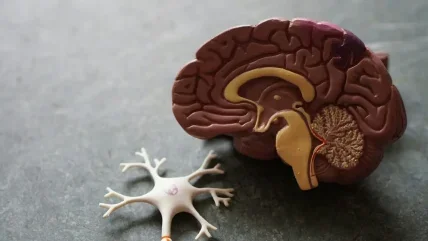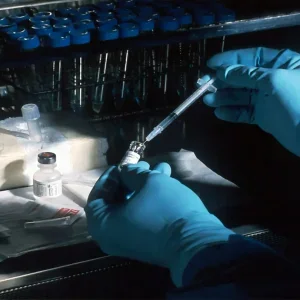
US-based drug development company Woolsey Pharmaceuticals has announced positive outcomes for Bravyl in amyotrophic lateral sclerosis (ALS) patients, from a Phase 2a study.
The Phase 2a study, dubbed REAL (Rho-kinasE for ALs) is an open-label, single-arm study designed to evaluate the preliminary safety, tolerability, and effect of Bravyl in ALS patients.
In the REAL study, the investigational drug showed a statistically significant reduction in neurofilament light (NfL), a key biomarker, and directionally improved clinical outcomes.
NfL is a sensitive and specific marker of cytoskeletal damage in the neuronal axon, where elevated levels of NfL in the blood indicate the rate of ALS disease progression.
The first cohort of the study enrolled 31 participants who were treated with a 180mg/day dose.
Among the 31, 25 patients completed 24 weeks of treatment, and 20 of the 25 continued to the initial extension phase of the study.
Bravyl showed safety and was well tolerated, which is the primary endpoint of safety, with no participants withdrawn from the study for drug-related adverse events.
In addition, no unexpected or concerning safety findings were reported in the extension phase, with some of the patients treated for 18 months.
The study showed that Bravyl significantly decreased the biomarker NfL after 24 weeks.
The reduction in NfL levels in response has been shown to precede discernable clinical benefits such as prolongation of event-free survival, and improvements in clinical trajectories.
It is measured using ALS functional rating scale-revised (ALSFRS-R), Slow Vital Capacity (SVC), and muscle strength, which are well-accepted measures.
The study also showed that a statistically significant 15% decrease in NfL was observed from baseline to 6 months.
Furthermore, greater decreases in NfL were correlated with less deterioration on the ALSFRS-R, indicating that the clinical benefits of reducing NfL may be concurrent with the reductions.
Based on the safety and tolerability of the 180mg/day dose, the REAL study has been expanded to screen and potentially enrol up to 15 subjects at a 300mg/day dose.
The participants will receive treatment for 24 weeks, with the option to continue in an extension treatment phase.






